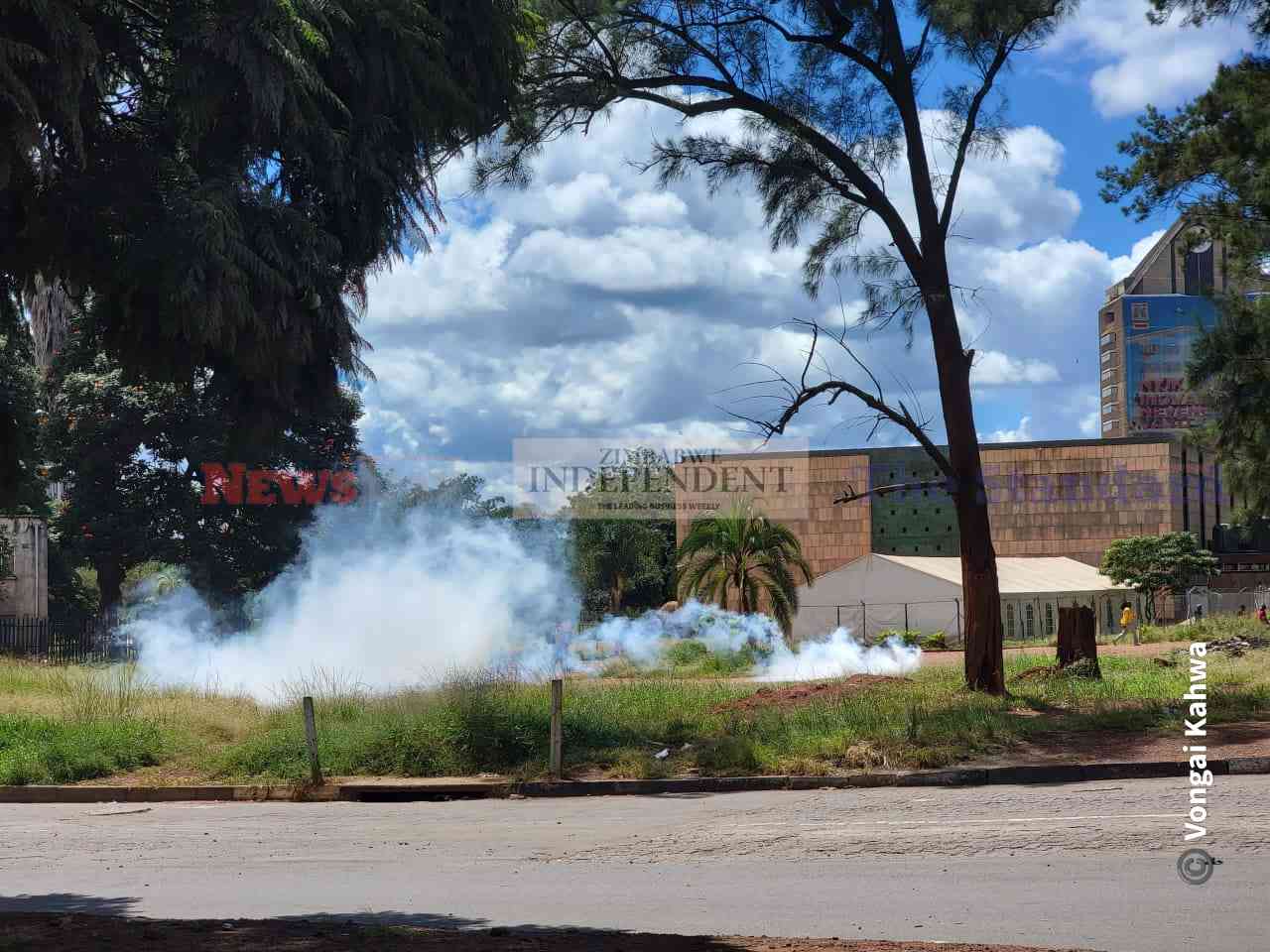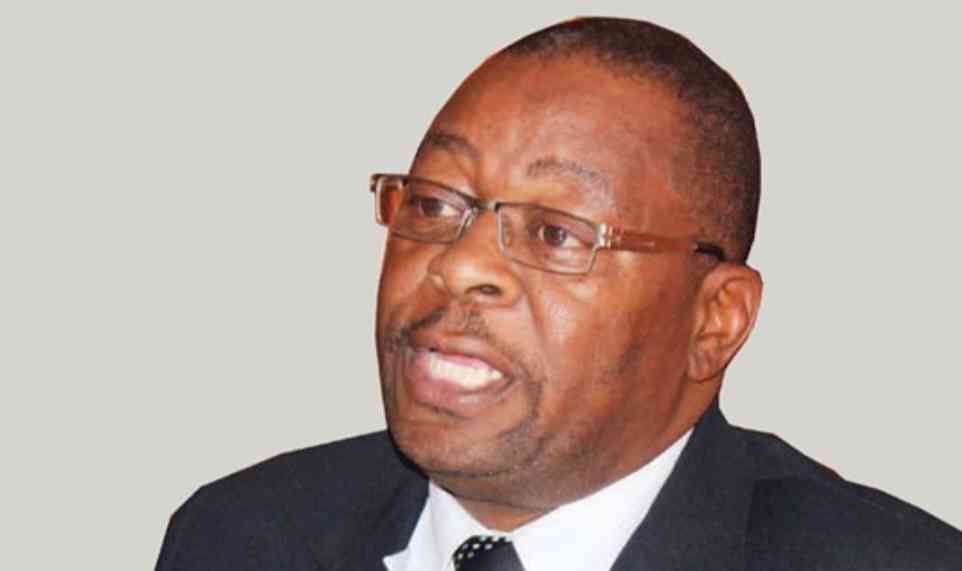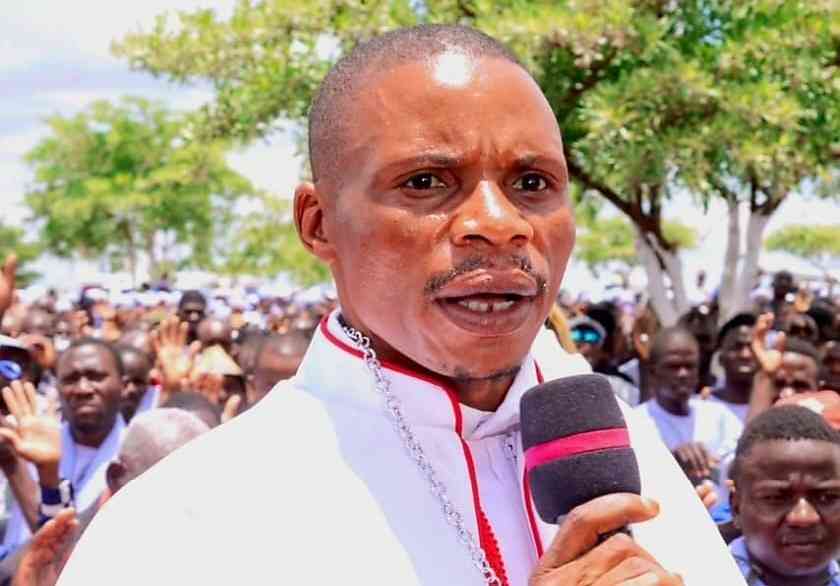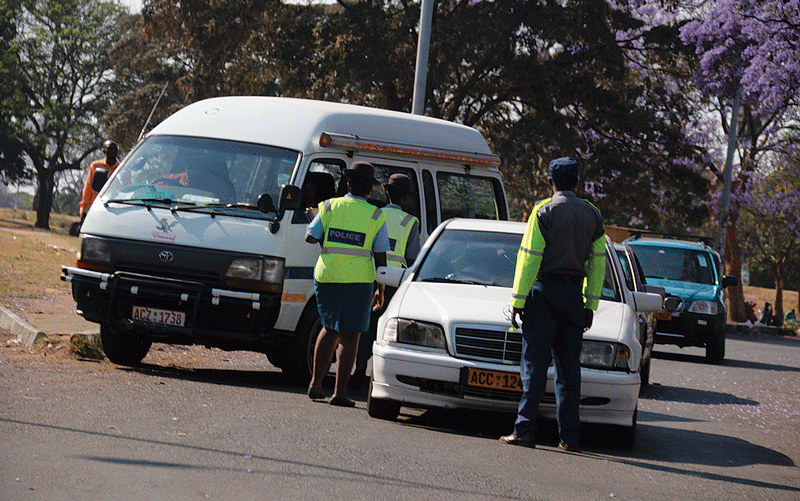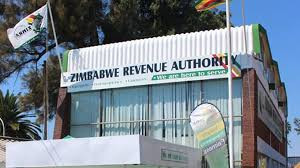BY SHAME MAKOSHORI Zimbabwe is facing an unpreecedented energy crisis after power utility indicated that it had no solutions to deal with rising demand.
Existing mines and new smelters have lodged applications for an additional 2 100 megawatts (MW), documents obtained by NewsDay Business showed, indicating the crisis may deepen from 2025, when new smelters come on stream.
At the end of last year, Zesa said its combined generation capacity was at 2 200MW.
The firm has been generating a fraction of this, triggering rolling blackouts, which have exerted pressure on already struggling industries.
Without capacity to deliver the power immediately, panicky Zesa officials were looking at various options to keep Zimbabwe running.
Zesa said two options would save the country — swift interventions to hike tariffs for exporters to viable levels and agreements by major mines and smelters to join a new regional power importation scheme.
Keep Reading
- Chamisa under fire over US$120K donation
- Mavhunga puts DeMbare into Chibuku quarterfinals
- Pension funds bet on Cabora Bassa oilfields
- Councils defy govt fire tender directive
In a July 20 letter to the Chamber of Mines of Zimbabwe (CoMZ) obtained by NewsDay Business yesterday, Sydney Gata, the executive chairman at Zesa, said the impending crisis stemmed out of Zimbabwe’s aggressive push to rebuild mines and double revenue to US$12 billion by next year.
“The supply-demand gap is growing at unprecedented rates, driven by a mining economy which is targeting US$12 billion annual production by 2023,” Gata said in the letter addressed to CoMZ chief executive officer, Isaac Kwesu.
“The increase in mining industry demand is also inducing other significant industrial loads.
“ In the past year, Zesa received firm applications for new supply and for current capacity increases from mining and smelting customers alone, aggregating 2 100MW of additional load by 2025,” he said.
The power utility had in the past decade relied on imports from regional peers, but significant growth in South African and Mozambican economies has forced them to redeploy power to domestic industries.
In fact, Gata said South African power giant, Eskom was in unprecedented trouble, with over 18 000MW of capacity shortfall, putting pressure on (Zambia’s) Zesco, HCB (in the Democratic Republic of Congo) and (Mozambique’s) EDM to take over the same contracts Zesa had secured for power imports.
But apart from regional shortfalls, Zesa has struggled to settle power import bills.
Creating a vicious debt cycle, panicky authorities have borrowed from the Africa Export Import Bank (Afreximbank) to pay off outstanding power import commitments.
“Zesa is under immense pressure to settle the ballooning power import debt,” Gata said.
“Zesa had secured an Afreximbank facility which it used to pay off the power import debt in February, but the debt is growing back exponentially, posing a threat on security of supply,” he said.
“Zesa has been charging an average tariff of USс9,86/kWh for exporting customers other than ferrochrome smelters, which, however, is below cost and hence has been failing to capacitate the utility to ensure security of power supply and efficient service delivery,” the letter read.
“After predicting the regional supply deficit Zesa is now restructuring electricity markets and trading, so as to link competent producers more directly with competent consumers. That means assigning commercial and trading risks to parties with requisite capacity to mitigate and underwrite them. This has involved the formation of the IEUG (Intensive Energy Users Group). The IEUG has already adopted a constitution and appointed an interim board. It has also procured comprehensive institutional and regulatory support and permits as required. IEUG is targeting to commence trading on August 1, 2022.
The objective is to ensure that all clients with tariff sensitive operations will have an option of linking directly with the SAPP (Southern African Power Pool) regional power suppliers to negotiate more favourable tariffs.
This is possible and prudent. Zesa is no longer able to continue supplying electricity to exporting customers at USс9,86/kWh, as it is unsustainable,” he said.
Zesa is currently undertaking significant expansion to its power facilities, the flagship of which would be completed at the end of this year.
- Follow us on Twitter @NewsDayZimbabwe

